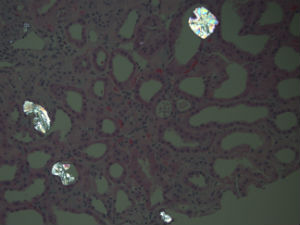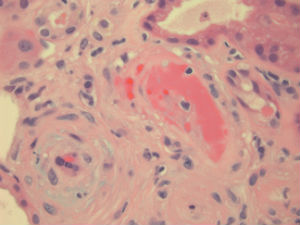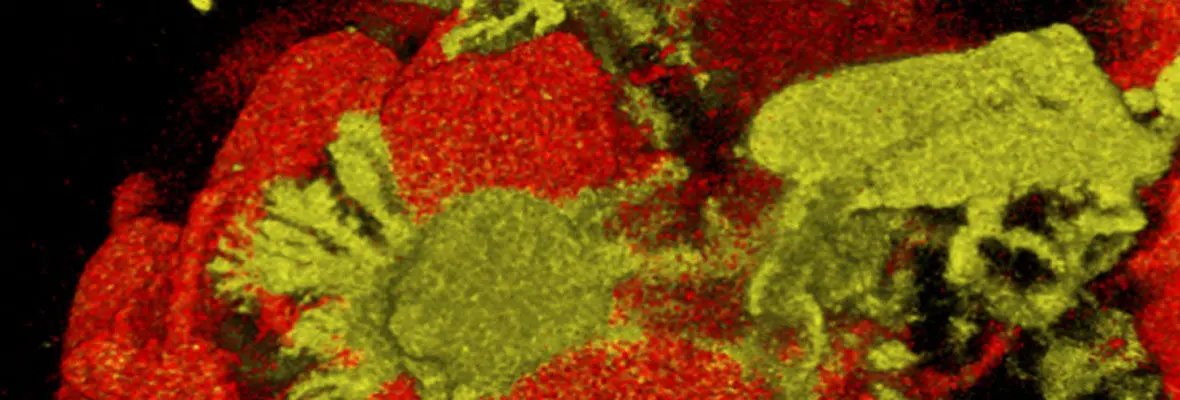Research Statement


Peter Reese, MD, MSCE is a transplant nephrologist and epidemiologist. His research focuses on: a) developing effective strategies to increase access to kidney transplantation, b) improving the process of selecting and caring for live kidney donors, c) determining outcomes of health policies on vulnerable populations with renal disease, including the elderly, and d) testing strategies to improve important health behaviors such as medication adherence. He was a co-founder of Penn’s Center for Quality, Analytics and Research in Transplantation (PQART). He is past Chair of the Ethics Committee for the United Network for Organ Sharing (UNOS), which oversees organ allocation and transplant regulation in the United States. In recognition of his contributions to transplant research, he received a Presidential Early Career Award for Scientists and Engineers (PECASE) in July 2012. The PECASE "recognizes and supports scientists and engineers who show exceptional promise for leadership at the frontiers of scientific knowledge."
In the transplant field, Dr. Reese has written specifically about the ethical implications of accepting live kidney donors with risk factors for kidney disease, live donor outcomes, the effects of organ allocation policy on vulnerable subgroups including children and the elderly, and better strategies to promote the careful use of higher-risk organs.
Dr. Reese’s mission encompasses energetic support of talented and motivated young researchers at all stages of training. This Lab’s success reflects their creativity and efforts. Currently our research group includes individuals with diverse content interests, including solid organ transplantation, health behavior change, obesity, social networks as well as methodological interests in advanced multivariable matching and causal modeling. We benefit from 4 members with NIH K grants (Cohen, Harhay, Serper, and Gillespie) and others at every stage of training. Their publications, awards, promotions and the new knowledge they create are a credit to their efforts.
He is also a practicing transplant nephrologist at the Hospital of the University of Pennsylvania (HUP) and the Philadelphia Veterans Affairs Medical Center (VAMC).
Dr. Reese's research support has included funds generously provided by:
- The National Institutes of Health (NIH)
- A T. Franklin Williams Award in geriatric research (co-sponsored by the Association of Specialty Professors and the American Society of Nephrology) to examine the effects of emerging organ allocation proposals on older kidney transplant candidates
- The American Society of Transplantation to study outcomes among older live kidney donors
- CVS-Caremark, Merck, and Humana to test innovative strategies for improving medication adherence
- A Greenwall Faculty Scholars Grant to examine the ethical implications of novel methods to increase organ donor registration


